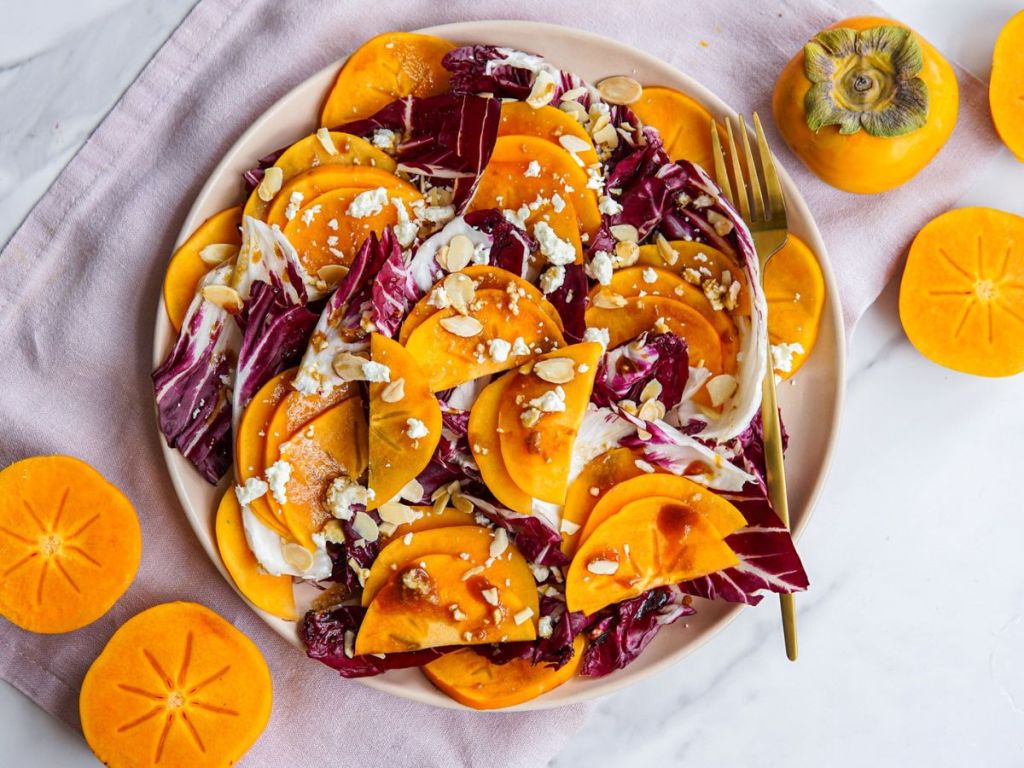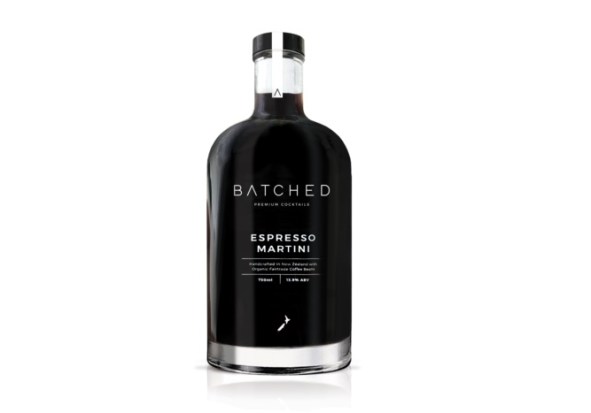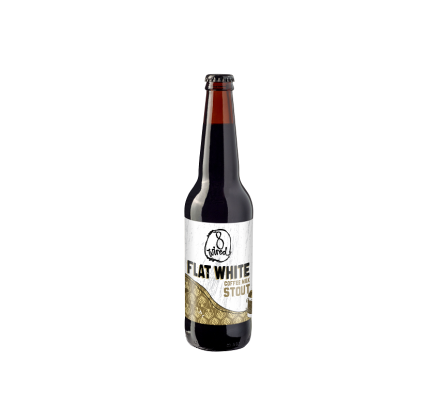It’s as big and colourful as an orange, shaped like a tomato and can be eaten like an apple – yet few Kiwis have ever tried a crisp and sweet persimmon reports 5+ A Day.
And now is definitely the time to do so, as this fruit is only available for six short weeks from late April through to early June.
“They’re becoming more well-known and the local market has really taken off over the last three or four years,” explains Persimmon Industry Council Manager, Ian Turk. “However, there’s a lot of people who haven’t tried one. So go and buy one or two… I’m pretty sure it’s a taste experience you’ll be glad you took the punt and tried!”
Persimmons are an ancient fruit that is extremely popular in Asia. “Some New Zealanders might remember having a tree in their backyard of an old variety of persimmons that were astringent so they had a lot of tannins in them. They had to be really overripe and mushy before you could enjoy them.
“But now we grow a modern variety called Fuyu which you can eat like an apple. It’s nice and sweet and crisp. Just slice it into wedges and eat them that way. As it ripens, the unique persimmon flavour comes through more strongly.”
When buying persimmons, look for a good orange colour and firm skin. “You want them while they’re still hard and crisp and then if you like them a bit softer, they’ll ripen in your fruit bowl over the next few days.”
5+ A Day has lots of persimmon recipes online (www.5aday.co.nz) including roast persimmon breakfast bowls, persimmon kūmara and ginger soup, persimmon feta and rocket salad and persimmon tart with mandarin glaze.
“Most of them are eaten as fresh fruit but you can add them to smoothies, baking or salads. They go really well with cheese so try some persimmon wedges on your next cheeseboard. They look great too because of the colour.”
5+ A Day Trustee and Principal Scientist and Team Leader at Plant and Food Research, Dr Carolyn Lister, says persimmons contain important nutrients and plant compounds including flavonoids and carotenoids which can positively affect your health. “They are technically a berry and are a good source of Vitamin C and a source of dietary fibre and potassium.”





